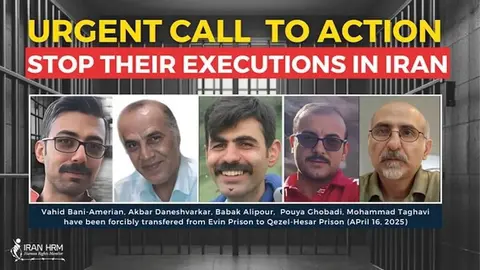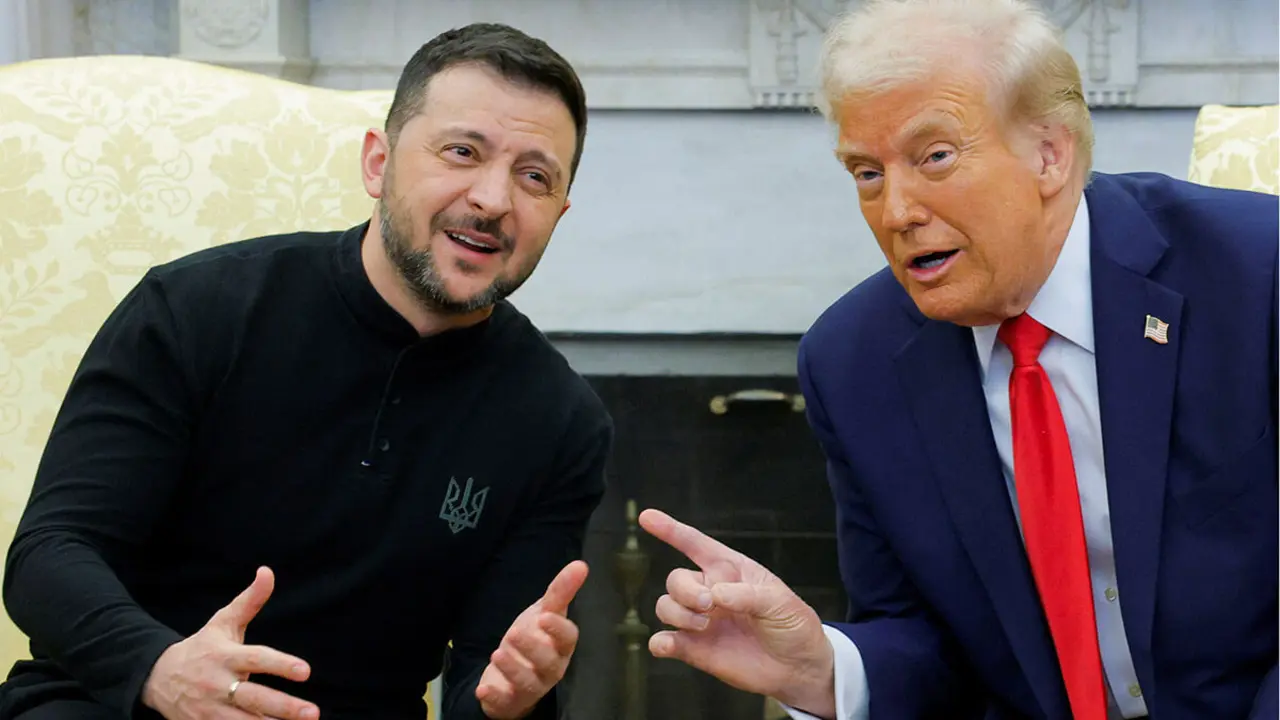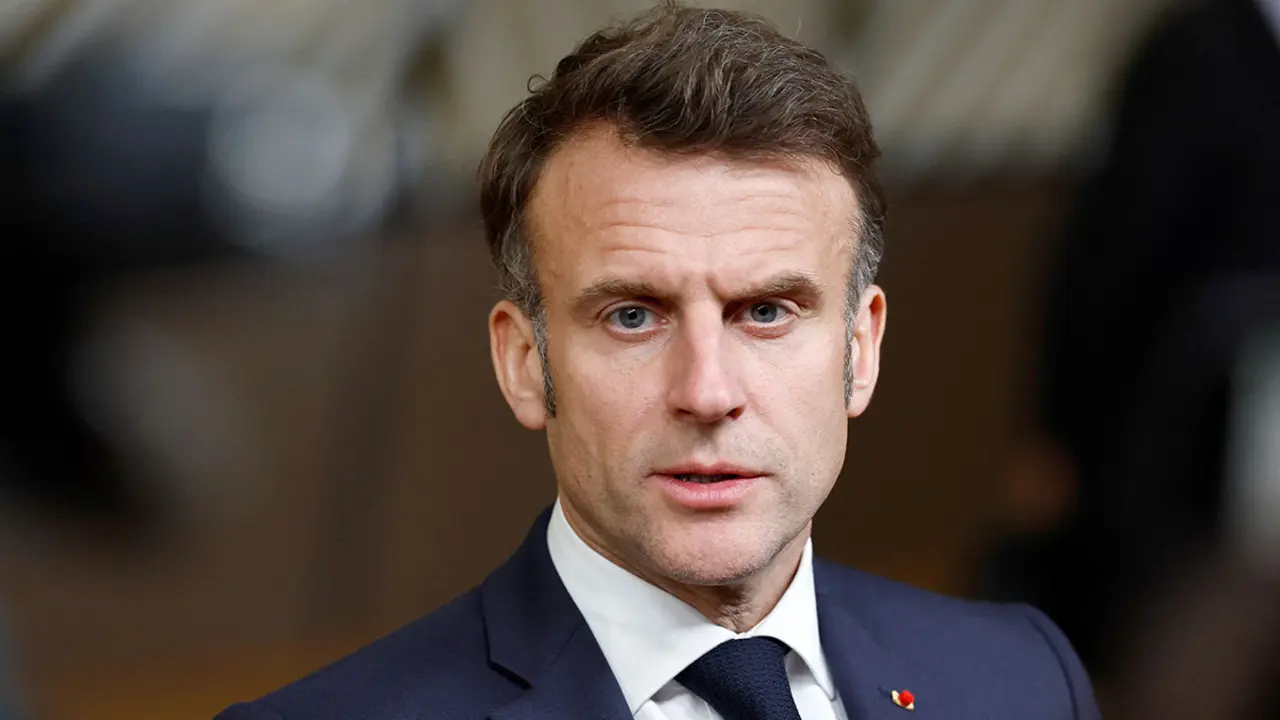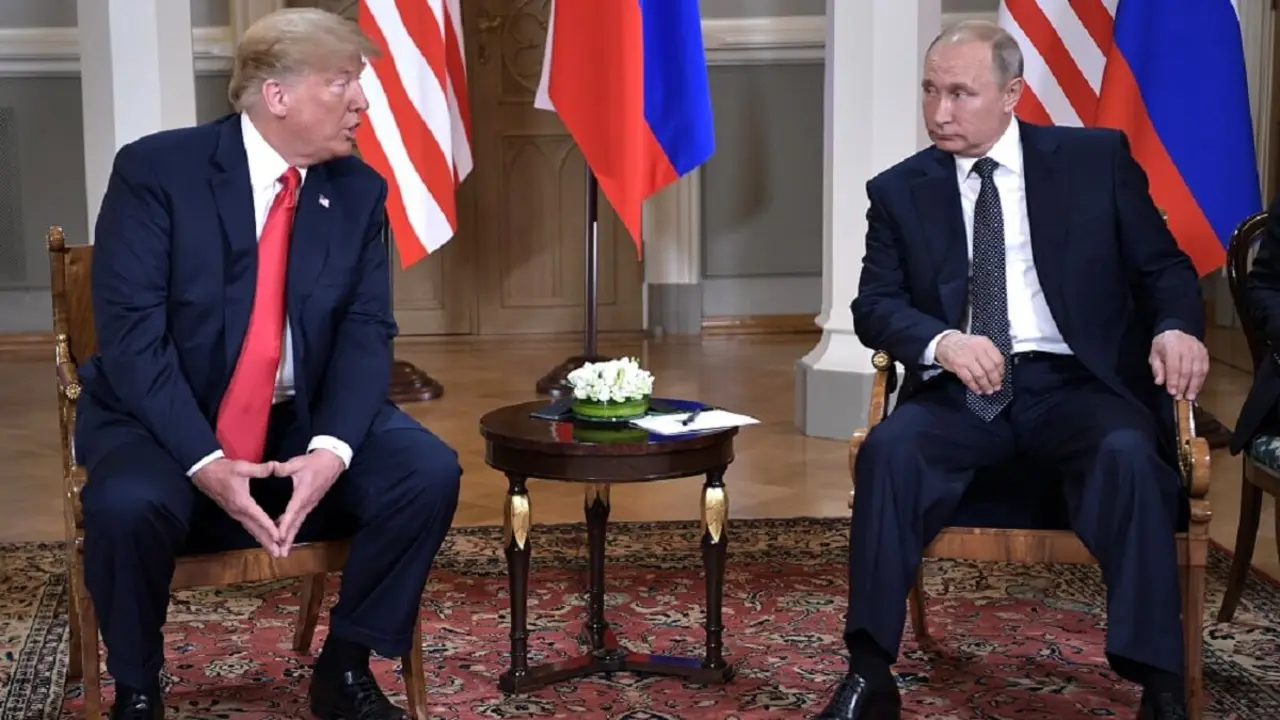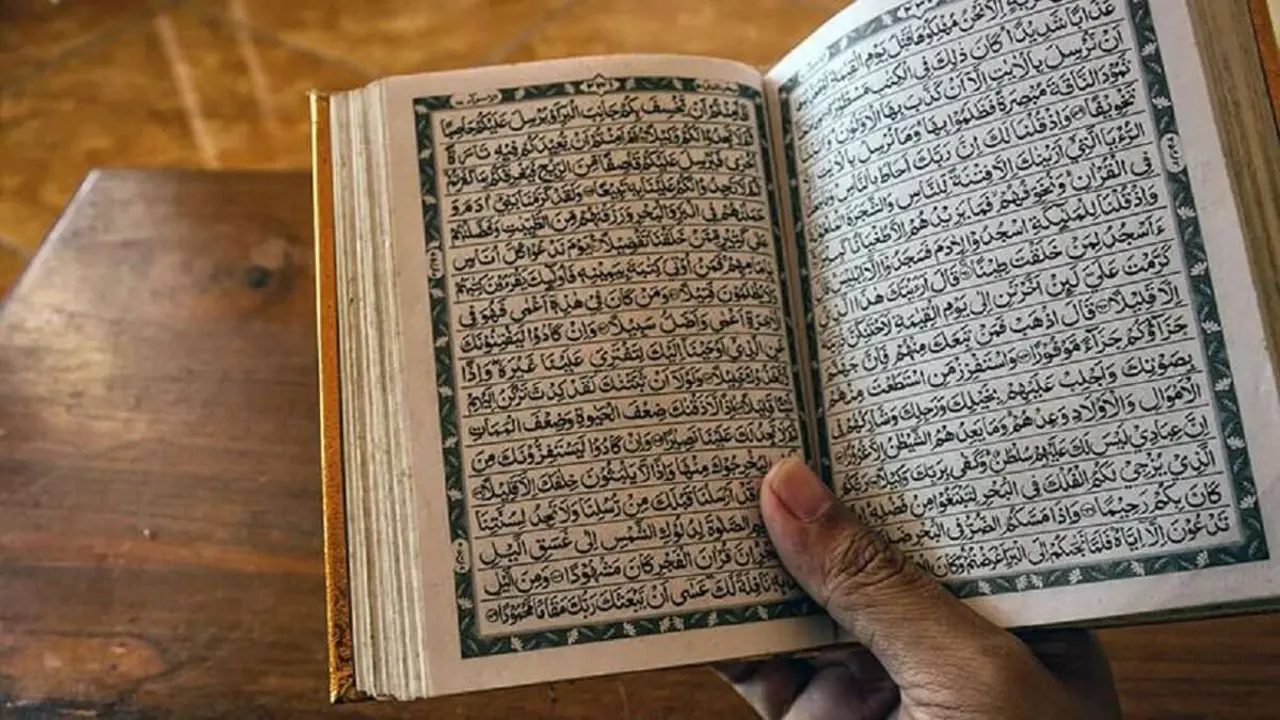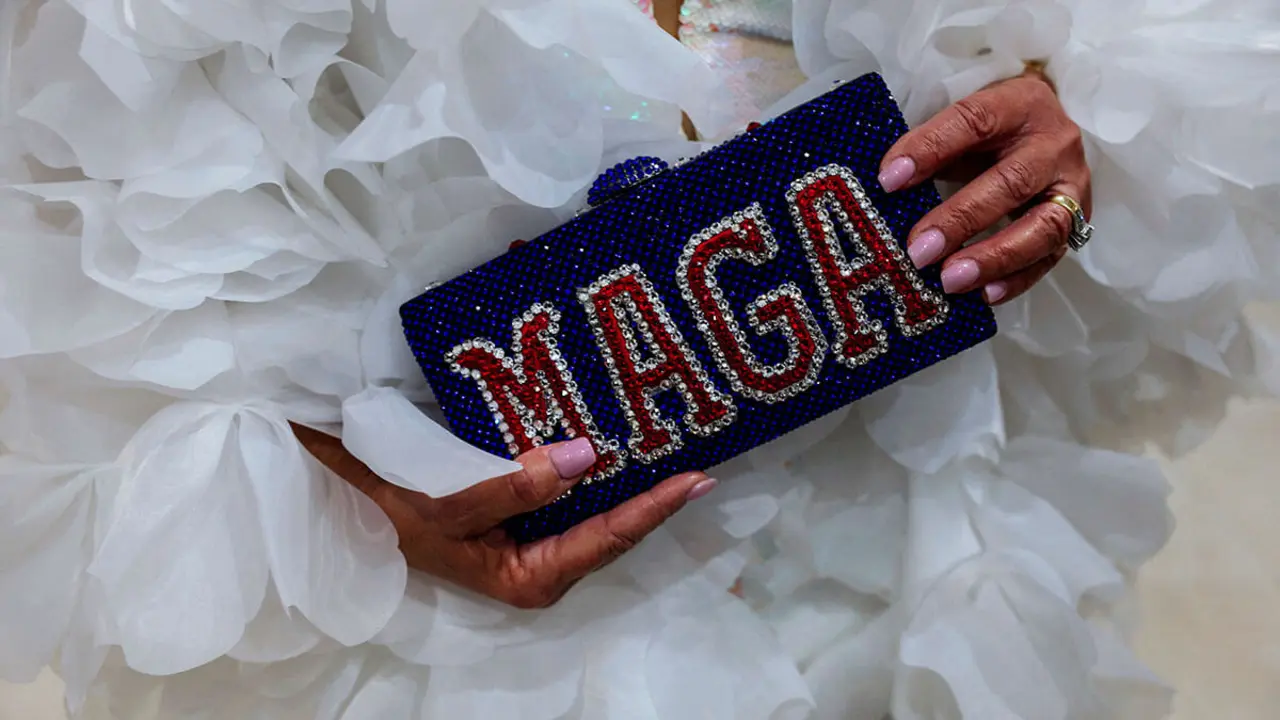Iran on alert over attempts to disarm Hezbollah in Lebanon

The Islamic Republic of Iran has been put on alert over attempts to disarm the Shiite militia affiliated with Hezbollah in Lebanon.
There is political pressure in Lebanon to proceed with disarming the Hezbollah militia. In fact, the United States has pressured the Lebanese government to proceed with disarming the extremist group, which has been identified as an important player within the country seeking to extend Iran's influence and interference.
The Lebanese executive has already tasked the armed forces with taking control of existing weapons, sparking controversy because Hezbollah, with its large arsenal, acts as an independent group within the nation in favour of its own interests and those of Iran, with which it has close ties as representatives of the Shiite branch of Islam.
Hezbollah is seen as an entity that serves Iran's political interests in Lebanon and, by extension, in the Middle East due to its political and religious affinity, which is negative because many analysts view the Islamic Republic as a destabilising international agent due to its belligerent stance and interference in the internal affairs of various countries through allied Shiite groups, such as Hezbollah in Lebanon, or other cases such as the Popular Mobilisation Forces in Iraq or the Houthi rebels in Yemen.
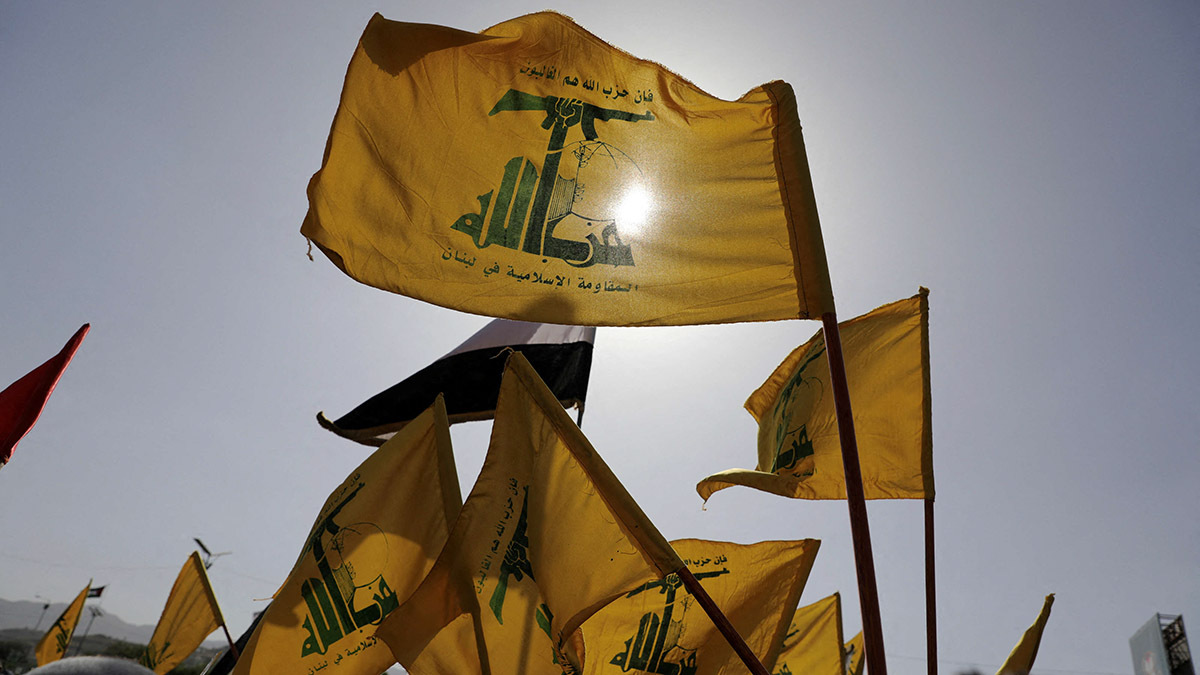
Faced with pressure to disarm Hezbollah, Iran has responded directly by sending Ali Larijani, secretary of Iran's Supreme National Security Council (the decision-making body on defence and foreign policy, to which the Pasdaran and the Revolutionary Guard belong), to Lebanon to meet with key Lebanese leaders, including President Joseph Aoun, Parliament Speaker Nabih Berri and Prime Minister Nawaf Salam, and to protect Hezbollah from an intervention that could end the Shiite extremist militia's ability to manoeuvre.
The Iranian envoy was sent with the firm intention of encouraging the Shiite militia to resist and avoid disarmament, which would be detrimental to its interests and influence in Lebanon. Ali Larijani promised support for Hezbollah and Lebanon ‘in all circumstances.’ This comes at a time of significant tension due to the military intervention of Israel, Iran's staunch enemy in the region, in the Gaza Strip against another extremist group, Hamas, and in Lebanon itself against Hezbollah, which strongly opposed the Israeli offensive in Palestinian territory, which began after the brutal attacks carried out by Hamas on Israeli soil on 7 October 2023.
Amid growing internal debate over arms control and the situation of Hezbollah, Iran wants to continue to exert influence in Lebanon, and Ali Larijani's visit to Beirut was proof of this.
Upon his arrival at Rafik Hariri Airport in Beirut, Ali Larijani stated that ‘Iran always seeks the supreme interests of Lebanon’ and that it ‘will support the beloved Lebanese people in all circumstances.’
Before Larijani's visit to Lebanon, Ali Akbar Velayati, advisor to Ayatollah Ali Khamenei, said that the Islamic Republic ‘opposes efforts to disarm Hezbollah’ and that Tehran continues to support the ‘resistance’ in Lebanon.
Velayati's statements drew criticism in Beirut, with Lebanese Foreign Minister Youssef Rjei calling them ‘a flagrant interference in our internal affairs and unacceptable under any circumstances.’
Meanwhile, Lebanese President Joseph Aoun informed Ali Larijani on Wednesday that Beirut rejects any interference in its internal affairs from any party. He added in a statement: ‘We reject any interference in our internal affairs from any party... and we want the Lebanese arena to remain secure and stable in the interests of all Lebanese, without discrimination.’

